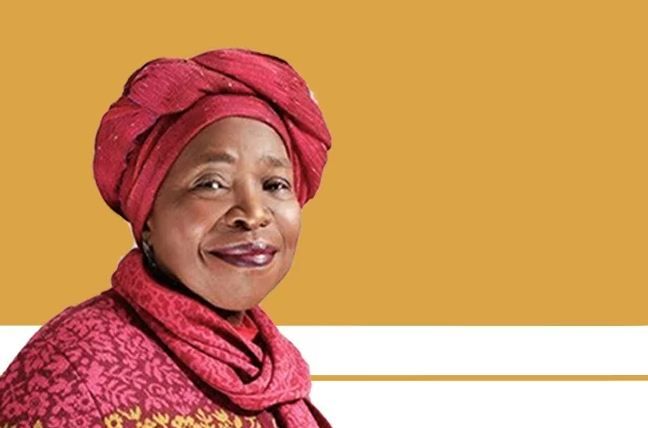South Africa Drafting laws for Networks and Electronic Communication

Nkosazana Dlamini-Zuma, the minister for cooperative governance and traditional affairs, has released standard draft bylaws for the use of electronic communication and facilities for public comment. The proposed by-laws contain a general application procedure for wayleaves, which have in the past caused fiber rollouts to be delayed and costlier to complete.
The wayleave application form is available to FNOs at a municipality’s administrative center or online via the organization’s website. They must first obtain consent from all concerned authorities and service providers, though.
Applications for standard works must include the following:
- Diagrams of the proposed work in digital format, or alternatively three copies of the drawings;
- Proposed reinstatement and commencement dates, along with the expected duration of the work;
- Details of permission from third parties for the planned deployment and proof of their approval;
- A completed compliance statement; and
- A Municipal Land Use agreement between the provider and the municipality.
Where relevant, the application procedure under the electronic communication law also calls for a declaration that leasing current electronic communications facilities has been looked into but is not practical, as well as evidence that the applicant has complied with infrastructure sharing notification obligations.
The expense of applying for a wayleave is another issue FNOs deal with. According to the new bylaws, municipalities must include wayleave application fees in their overall annual budget plan. The fees established by municipalities have a big influence on how much it costs to build fiber infrastructure.
According to former Dark Fibre Africa CEO Thinus Mulder, applying for trenching rights can be more expensive for FNOs in some South African metropolitan towns than physically digging and laying the required cable.
According to him, some municipalities have increased the costs for requesting wayleaves by as much as 5,00%, making it harder for FNOs like DFA to roll out fiber-to-the-home (FTTH) in those municipalities. But at the time, he refrained from publicly criticizing the relevant municipalities since “they are still clients.”
